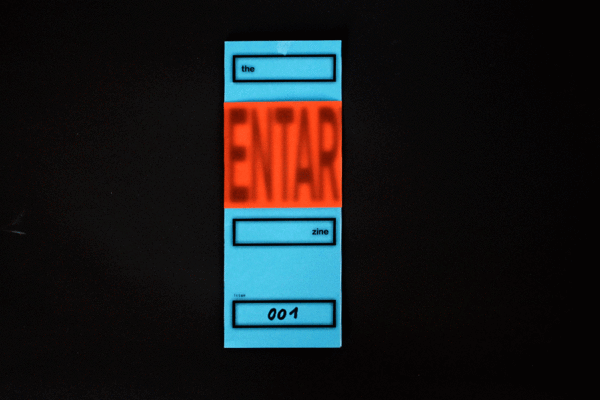Momentary Zine: Difference between revisions
No edit summary |
No edit summary |
||
| Line 9: | Line 9: | ||
The immediacy of the voice as the main content generator and the possibility of starting a dialogue with the technology serve as vehicle for participation and furthermore enables conversations about unusual publishing methods and the possibilities of technology in that context. | The immediacy of the voice as the main content generator and the possibility of starting a dialogue with the technology serve as vehicle for participation and furthermore enables conversations about unusual publishing methods and the possibilities of technology in that context. | ||
* [[Momentary Zine in Bucharest!]] | * [[Momentary Zine in Bucharest!]] | ||
Revision as of 10:48, 25 September 2021
The Momentary Zine is an interactive publishing installation and has been shown at MU Eindhoven, Automata Festival in Bucharest, Zinefest Berlin, Libre Graphics Meeting 2016 in London, Northside Festival in NY and FORMS Festival in Toronto. H&D has custom developed software to create the zine, which is open source and available on [Github]. With the help of speech to text technology the spoken word translates to text. Simultaneously an algorithm runs an automated image search on Google or Imgur, querying the spoken words and adding the image results accordingly to the zine layout. The outcome is a printed zine. The publishing installation is small and therefore lends itself to travel with and therefore to show at events. The installation consists of a microphone, a small thermal printer (receipt printer), some simple bookbinding tools and an Internet connection. With a simple hack of the printer (software) the temporality and actuality of the event can be captured, printed and distributed. The zine content is exclusively accumulated by speaking into a microphone, which has proven qualities of empowerment for the participating audience. By literally speaking up, the spoken word manifests itself in a printed output.
The immediacy of the voice as the main content generator and the possibility of starting a dialogue with the technology serve as vehicle for participation and furthermore enables conversations about unusual publishing methods and the possibilities of technology in that context.

















